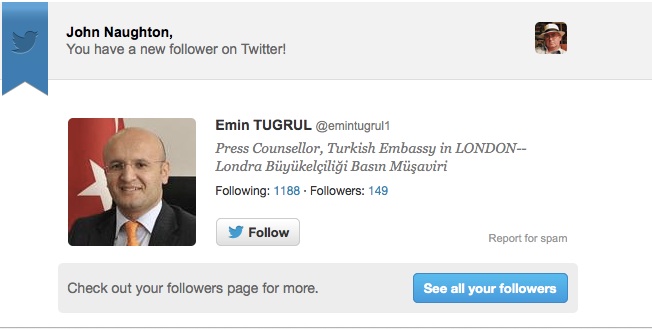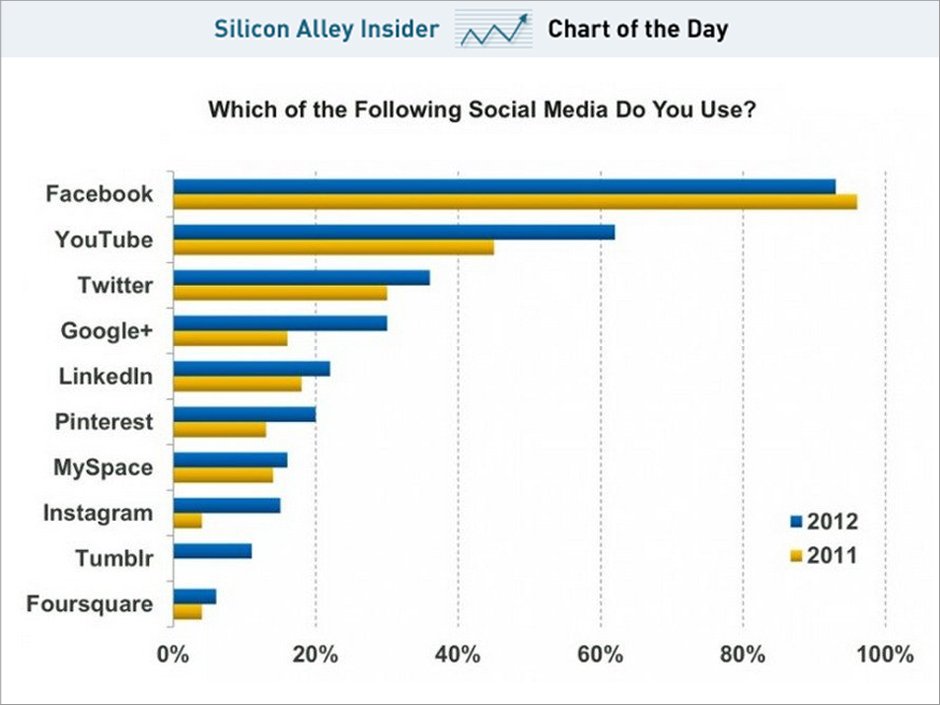This morning’s Observer column.
Back in the bad old days of the cold war, one of the most revered branches of the inexact sciences was Kremlinology. In the west, newspapers, thinktanks and governments retained specialists whose job was to scrutinise every scrap of evidence, gossip and rumour emanating from Moscow in the hope that it would provide some inkling of what the Soviet leadership was up to. Until recently, this particular specialism had apparently gone into terminal decline, but events in Ukraine have led to its urgent reinstatement.
The commercial equivalent of Kremlinology is Google- and Facebook-watching. Although superficially more open than the Putin regime, both organisations are pathologically secretive about their long-term aspirations and strategies. So those of us engaged in this strange spectator-sport are driven to reading stock-market analysts’ reports and other ephemera, which is the technological equivalent of consulting the entrails of recently beheaded chickens.
It’s grisly work but someone has to do it, so let us examine what little we know and see if we can make any sense of it…
LATER: Seb Schmoller, struck by my puzzlement about why Facebook had bought Oculus Rift, sent me a link to an interesting blog post by Donald Clark, who has experience of using Oculus kit.
I’ve played around with the Oculus for some time now – played games, roared around several roller-coasters, had my head chopped off by a guillotine, walked around on the floor of the ocean looking up at a whale and shark, floated around the International Space Station using my rocket pack.
Why do I think it matters? It’s possible, just possible, that this device, or one like it, will change the world we know forever. It will certainly revolutionise the world of entertainment. Flat screen TVs have got as big and sharp as they can get. It is clear that most people do want that big, panoramic experience but there’s a limit with 2D. Climb into that screen, which is what the Oculus allows you to do and you can look around, upwards, over your shoulder. You can them move around, do things and things can be done to you. It’s mind blowing.The problem that Oculus has is getting to market quickly. Kickstarter was fine, for starting. Sony is right on their shoulder with project Morpheus. With this money they can accelerate R&D, have a massive marketing push and keep the price right…
His conclusion:
This is not only a ‘game’ changer, it’s an experience changer. It will change the way we spend our time, expand our experience and acquire skills. I’ve seen the effect it has with children, teenagers, adults and pensioners. It’s an experience, even at low resolution that can change your life, as you know, when you’ve tried it that it’s coming and when it comes it will be all-embracing. Facebook already has the world at its feet with 1.5 billion users, it now has the world on its head.
Translation: maybe the acquisition make more sense than I though.


